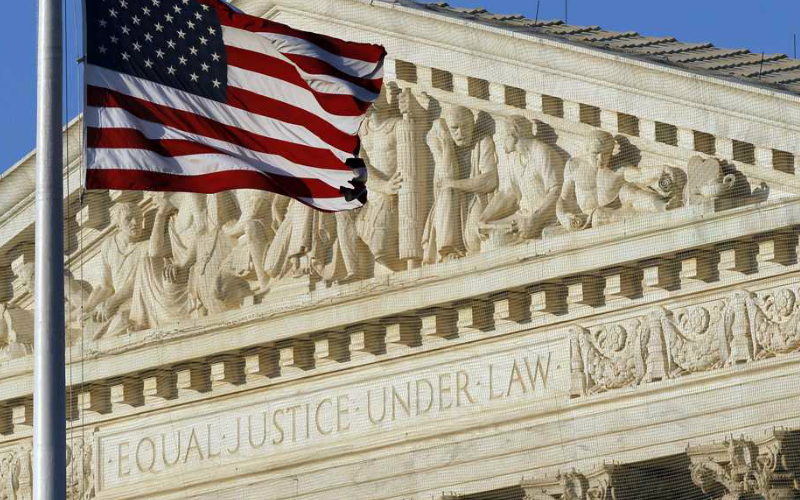Attorney John Bursch of Alliance Defending Freedom (ADF), the law firm representing South Carolina in the case, recently told Washington Watch that it began nearly seven years ago, when the state defunded Planned Parenthood.

"Every state takes Medicaid dollars from the federal government and then distributes those to hospitals and doctors and medical facilities all around the state to provide healthcare for low-income people," he explained. "Planned Parenthood demanded a portion of that."
States are allowed to exclude medical providers that endanger patients, do not follow health and safety standards, and/or commit fraud, and South Carolina had decided that it had "a variety of reasons" for excluding Planned Parenthood from the funding.
The self-described "sexual and reproductive healthcare provider" had the right to file an administrative appeal with the state, but it missed the deadline.
"So, it conspired with one of its patients, its clients to file a federal lawsuit and got a federal judge to order the state to reinstate Planned Parenthood," Bursch detailed. "That went up to a court of appeals, which affirmed that, and now the Supreme Court has decided to review the decision."
Ruling whether states have the ability to defund Planned Parenthood as part of their Medicaid programs, he said, will be huge.
The abortion provider takes taxpayer dollars in states all across the country, and the federal courts of appeal are divided over whether states can defund them. If the Supreme Court rules in The Palmetto State's favor, it would give South Carolina and the many other states currently prohibited by court rulings the ability to defund Planned Parenthood and use those tax dollars for healthcare services.
Arguments would likely be in April, and because the Supreme Court is usually pretty good about issuing decisions in all of the cases that it hears during a term, a decision can be expected by the end of June.







